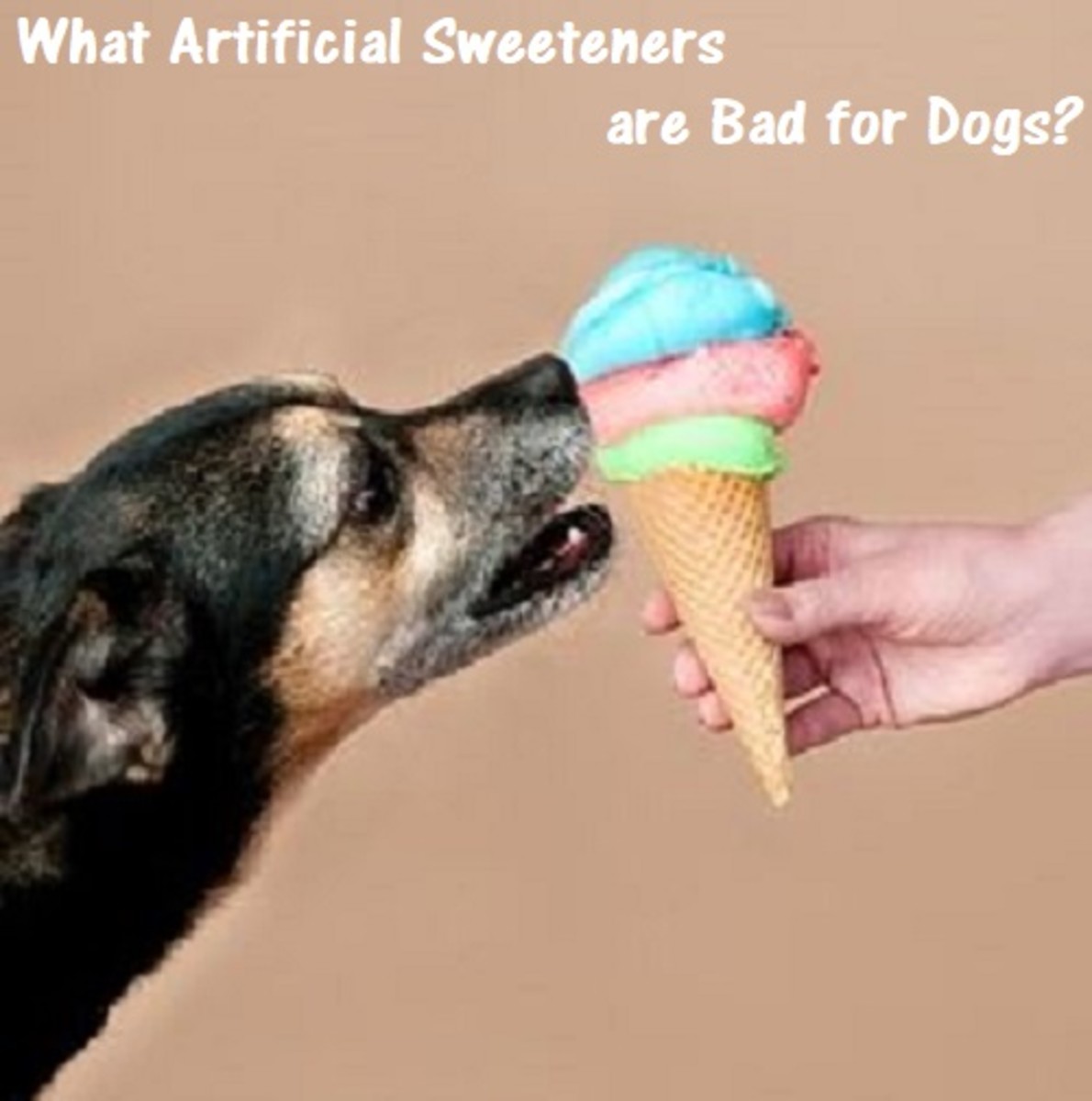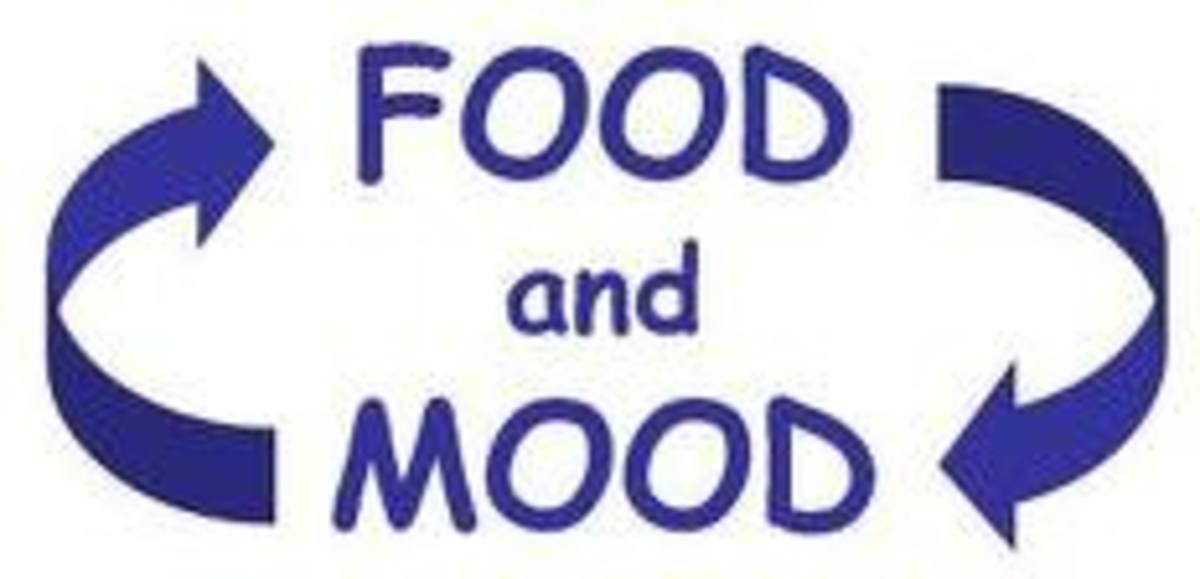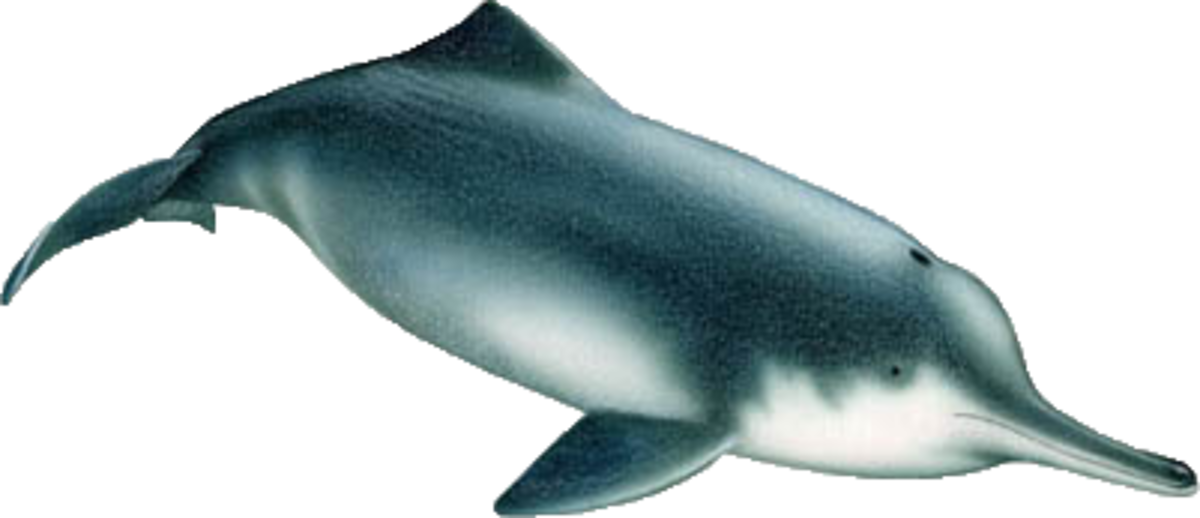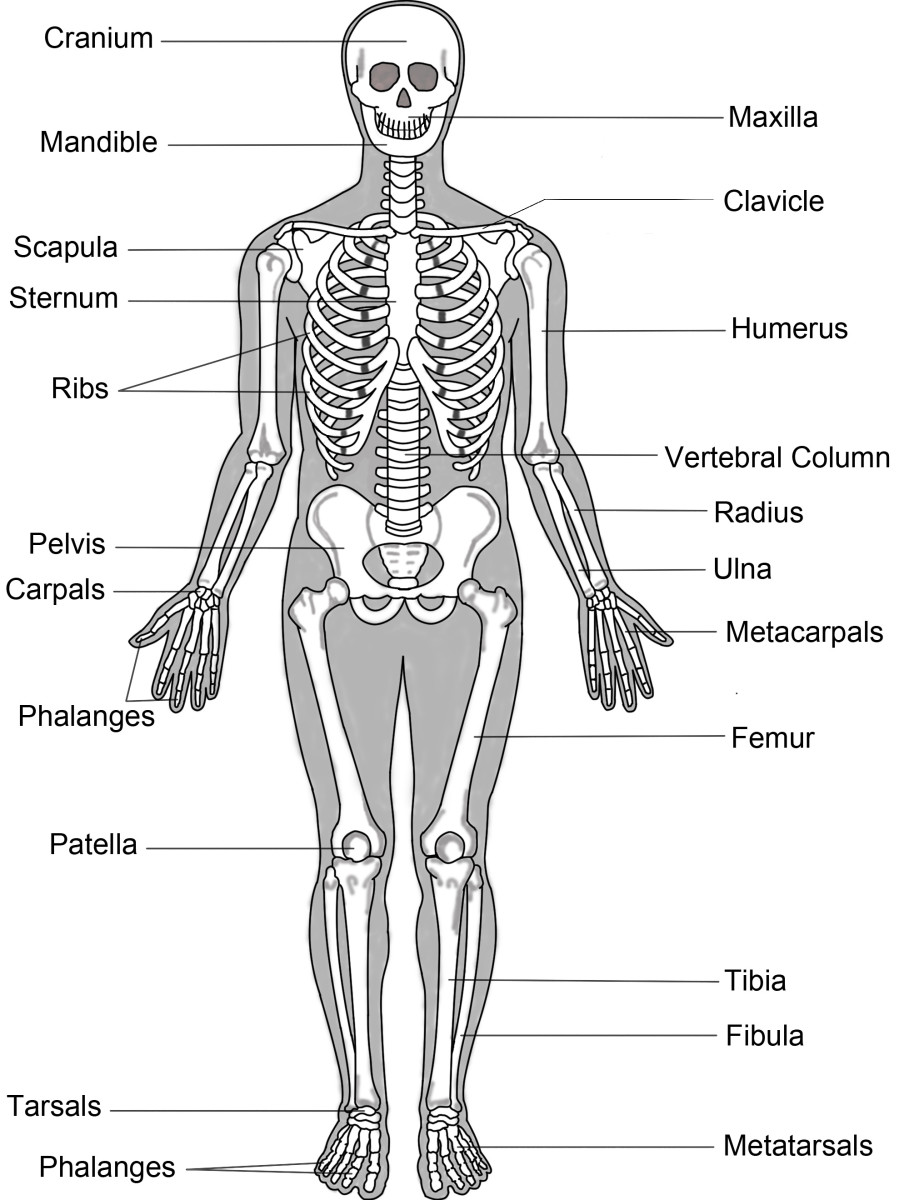Larry's Take on the Aspartame Debate
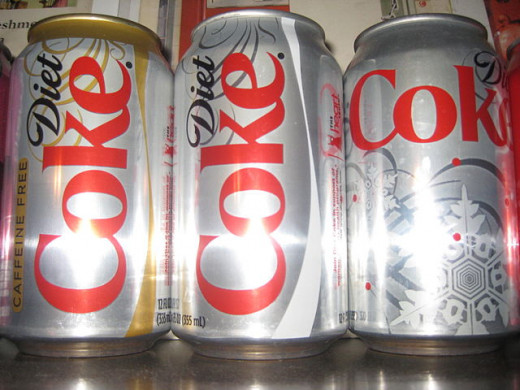
A sample size of one
Yuck! How can anyone drink this junk?
That was what I thought the last time someone offered me a 'diet' soda sweetened with Aspartame. To me, Aspartame tastes mostly bitter. If I put an entire packet of the stuff on my tongue, there will be a sweet taste that lasts for about 2 seconds, before the bitterness kicks in. However many years ago, Aspartame did taste sweet.
Perhaps the change in my taste perception is a part of the aging process. I also have Dysfunctional Sensory Integration, which includes sensory defensiveness. Some sensory experiences that are ho-hum for most people cause considerable discomfort for me. For example, the noise of a washing machine is somewhat painful to me, as are the fluorescent lights in the local supermarket. Because of the DSI, I suspect that Aspartame has a bigger impact on me than it does for most people.
I have experimented with Aspartame. As little as 4 packets can cause discomfort. I suspect that it's because of phenylalanine. We'll have another look at this amino acid in a later section.
Those who claim that Aspartame has been 'scientifically proven' to be safe for human consumption are overstating their case. Take water. Everyone agrees that it's necessary for life.
Here's a thought experiment: Parachute into the middle of Lake Michigan just after the last ice has melted, with no supplies, and wearing only swim trunks. Do you still believe that water is absolutely safe for everyone, in all quantities, and under all circumstances.
In light of the thought experiment, there are a few questions that reasonable people could ask about Aspartame.
• What are the real risks of Aspartame?
• In order to keep these risks within acceptable limits, what's a reasonable dose?
• And who should avoid Aspartame?
On the other hand, there are some wild alarmist claims about Aspartame floating around in the Blogosphere. For reasons that I do not fully understand, Aspartame has become a lightning rod for conspiracy buffs. But as the late Carl Sagan famously said in another context,
"Extraordinary claims require extraordinary evidence."
That extraordinary evidence does not exist. Aspartame is a mixed bag. And it's not productive to go into a tizzy over Aspartame. Instead, let's look at the known facts.
Overview of artificial sweeteners
The granddaddy of all artificial sweeteners was lead(II) acetate. Yes, that's lead, as in lead poisoning. I'm reminded of the expression, "a taste to die for."
Saccharin was accidentally discovered in the late 19th Century. Saccharin achieved significant market penetration during World War I, when sugar prices were quite high. Consumers saved money by substituting Saccharin for sugar in their coffee or tea.
In the late 1930s, Cyclamate, like Saccharin before it, was discovered by accident. To a certain extent, the yucky off-tastes of Saccharin and Cyclamate cancel each other out.
In rat experiments, the animals developed bladder cancer when fed extremely high doses of Cyclamate. Was it prudent to ban cyclamate in the USA? I don't know.
Aspartame was discovered in the 1960s--again accidentally. When it was commercially introduced, Aspartame ignited a firestorm of controversy. That may have had something to do with the aggressive way that Aspartame--aka NutraSweet at the time--was pushed through the FDA approval process. Thanks to an urban legend that refuses to die, this sweetener remains controversial even in the early 21st Century.
Neotame is somewhat similar to aspartame. The practical difference is that during digestion phenylalanine is released at a considerably slower rate than for Aspartame. This makes Neotame less hazardous for children with PKU. We'll go into more detail about phenylalanine and PKU in a later section.
More recently, Sucralose--aka Splenda--has become available. To my refined taste buds, it's the only artificial sweetener that actually tastes sweet, and does not leave a strange aftertaste.
We'll see why artificial sweeteners do not help overweight people lose body fat. But first, let's have a closer look at 'evil' Aspartame.


What do we know about Aspartame?
Aspartame is a methyl ester of a dipeptide (a molecule comprising two amino acids). The moieties that comprise the dipeptide are aspartic acid and phenylalanine. After we ingest Aspartame, the molecule is quickly broken down into these two amino acids plus methyl alcohol, aka methanol.
At first blush, the methanol aspect appears to be a cause for concern. Excessive doses of methanol can cause blindness, or even death. The key phrase is "excessive doses."
Let's put that into perspective. Like Aspartame, apples contain a methyl ester, methyl butyrate. But for some reason, there aren't nearly as many anti-apple alarmists as there are anti-Aspartame alarmists.
Extremely high concentrations of aspartic acid can lead to excitotoxicity and death of certain brain cells. The key phrase is "extremely high concentrations."
The non-essential amino acid, aspartic acid is a constituent of many proteins in foods commonly eaten by humans. Should we demonize these foods as well?
Unlike aspartic acid, phenylalanine is an essential amino acid. If you made a concerted effort to avoid ALL dietary phenylalanine, you'd need to avoid ALL protein, even the small concentrations found in corn, rice, and potatoes. And the protein deficiency would kill you.
Because of the phenylalanine, children who have PKU (phenylketonuria) should not be allowed to eat desserts sweetened with Aspartame, or to consume soft drinks containing Aspartame, without permission from their pediatrician.
With respect to all three chemicals--methanol, aspartic acid, and phenylalanine--we should remember an old saying by Paracelsus:
"The dose makes the poison."
I've explored the limitations and range of applicability for Paracelsus' meme in an earlier hub about allegedly 'evil chemicals'.
More importantly, the unproductive Aspartame debate glosses over a larger issue.
Can artificial sweeteners help you to slim down?
There's precious little evidence to support that claim. And there's reason to suspect that they may have the exact opposite effect. Why?
A sweet taste triggers an insulin response, which is appropriate when you've just eaten a piece of fruit or a conventional dessert. High blood sugar levels are unhealthful. The extra insulin encourages the extra glucose to go into the cells, including fat cells.
Here's my speculation about a different scenario. In between meals, you're thirsty, and drink a can of 'diet' soda, containing Aspartame or some other artificial sweetener. This causes an interesting chain of events.
Initially, the sweet taste triggers an insulin response. This causes your blood sugar to decrease, which can make you hungrier than you'd otherwise be. If your blood sugar was marginal to begin with, you may choose to have a snack that you wouldn't otherwise need, in order to chase away the 'hongries'. In the short run, artificial sweeteners can contribute to overeating.
In the longer run, the daily consumption of artificial sweeteners can blunt your body's natural response to fresh fruit and other sweet-tasting food. After eating that yummy pear, your blood sugar will now spike at a concentration that's within the slightly unhealthful range.
Some animal studies are consistent with my hypothesis about downregulation. One study of human volunteers found an association between 'diet' soda consumption and overweight. Here's a link to that WebMD article. However this is not a conversation-stopper.
Correlation is not the same as causation. Does the 'diet' soda cause people to get fat? Or does obesity cause people to feel guilty, and to consumer more 'diet' soda? Or do the two things have a common cause?
Another human study does not show any effect. If I've understood correctly, sucralose was injected directly into the GI tract. This prevented the volunteers from experiencing the taste of this particular artificial sweetener.
Surprise, surprise! No insulin response. The study answered an obvious question, and was a small step in the advancement of scientific knowledge. However the study also has the potential to be used as pro-artificial sweetener industry propaganda.
I'd like to add a caveat to my Downregulation Hypothesis. If one never ever eats or drinks anything that contains sugar--and yes that includes sweet fruit--then 'diet' soda should have a smaller impact on one's efforts to slim down.
*dry humor on*
However in this case, I'd advise wolfing down one's starchy food as quickly as possible. The enzyme ptyalin in saliva begins to digest the starch before the food is even swallowed. The sugar glucose is the result of starch digestion, and after considerable chewing, the glucose will impart a slightly sweet taste to the rice or potato that one is noshing on. But that's a small price to pay for the passionate purple pleasure of drinking a can of Diet Coke every afternoon.
*dry humor off*
What about cancer?
Most studies fail to show a link between Aspartame and cancer. On the other side, there are some dodgy European studies from the Ramazzini Foundation, in which the researchers were reluctant to share important raw data. This is a red flag in and of itself. For other reasons as well, these 'advocacy science' studies do not pass the smell test. But don't take my word for it. Here's a link to the relevant section of the long Wikipedia article on the Aspartame controversy.
Shades of Global Warming 'science'.

What about the phenylalanine?
Inside our digestive tracts, Aspartame is quickly broken down into it's three basic components: phenylalanine, aspartic acid, and methanol.
Phenylalanine can cross the blood-brain barrier. The body uses it as a starting material to make the catecholamines: epinephrine, norepinephrine, and dopamine. Catecholamines are necessary for normal brain functioning. Parkinson's Disease patients, like actor Michael J Fox, have insufficient dopamine activity in their brains. You'd be dead without catecholamines in your brain.
As I mentioned earlier, you'd also be dead if your diet contained zero phenylalanine, because it's an essential amino acid. Fortunately for us, phenylalanine is found not only in foods of animal origin, but in beans, cereal grains, and potatoes as well.
Because of my neurological problem, I experience pain when anything is out of whack. I suspect that my response to Aspartame was due to slightly elevated brain levels of catecholamines.
How do you feel about aspartame and other artificial sweeteners?

My recommendations
There are multiple causes for the obesity 'epidemic' in developed Western countries. For reasons I've mentioned in an earlier section, I think that artificial sweeteners are contributing in a small way to the problem.
If your body fat is in the optimum healthful range, if you don't have PKU, and if you're not diabetic or pre-diabetic, there's probably no harm in moderate consumption of artificial sweeteners as a guilty pleasure. Aspartame-sweetened soft drinks are not going to turn you into a frog. Another Scare-of-the-Month-Club myth bites the dust.
If you're dangerously obese, you should be aware that artificial sweeteners will NOT help you slim down. To some extent, artificial sweeteners will probably throw a monkey wrench into your good intentions. I'd advise you to discontinue all artificial sweeteners immediately. Old saying:
"To thine own self be true."
Secondly and more importantly, craft an exercise routine that's suited to your needs. This will require time, experimentation, and introspection.
I've written three earlier hubs on the subject. The first is an overview of the psychology of exercise.
The second hub is about fine-tuning your aerobic work for well-being. You're more likely to stick with an aerobic routine that doesn't make you miserable.
The third hub describes a simple exercise to strengthen the relatively large muscles in your upper legs. Increased lean muscle mass will increase your resting metabolic rate, and will burn more fat. This may or may not apply to you, but I've found that regular upper leg work also makes my big appetite slightly less big.
Copyright 2013 by Larry Fields

